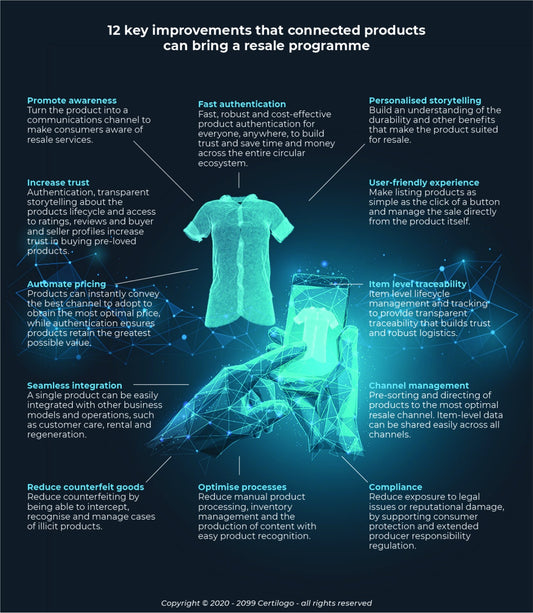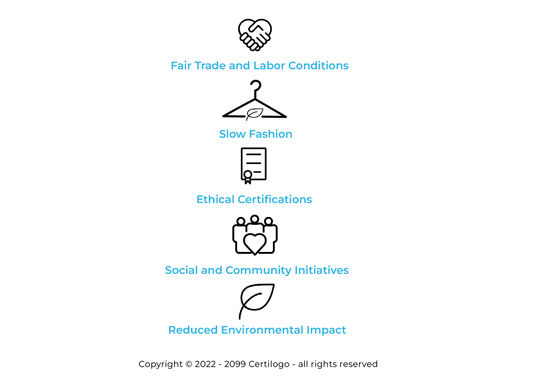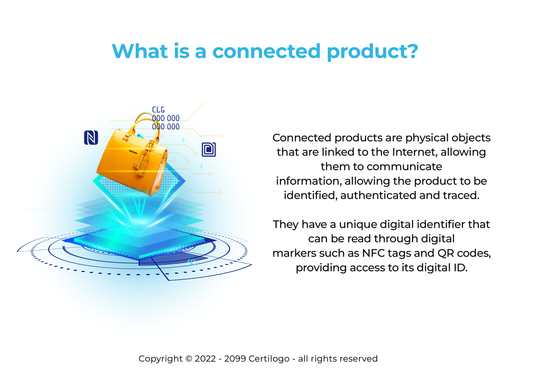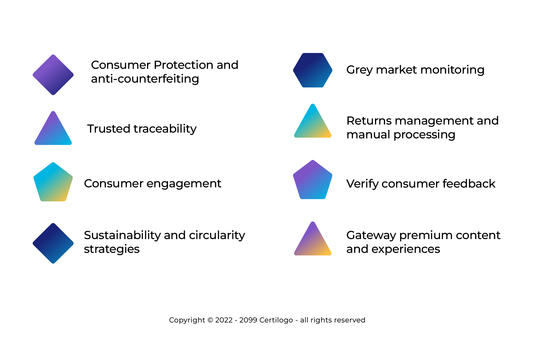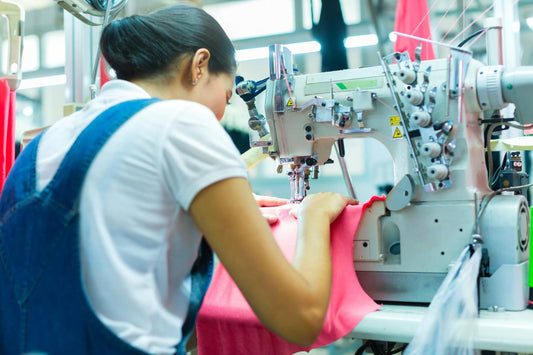Connected product powered resale: 12 benefits of Digital IDs
5 ways resale elevates sustainability
Interest in ethical clothing is growing, is your brand keeping up?
The 4 factors that are accelerating adoption of digital IDs
BAV - Brand Asset Value tool
8 ways brands are using product authentication to boost their business
Certilogo participates in e-P Summit 2023
How to optimise your inventory management if you are a fashion brand
The importance of fashion supply chain transparency
Traceability and brand transparency are the drivers of sustainable fashion


